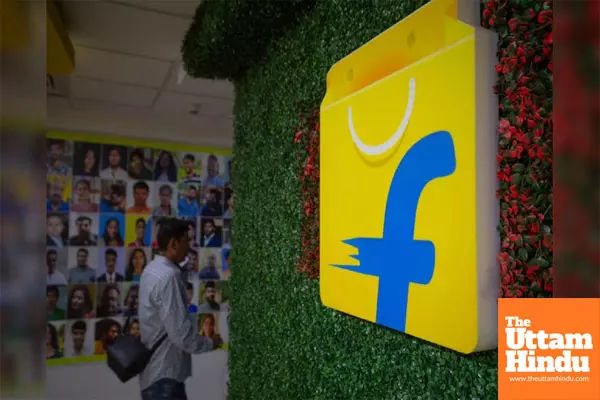
India's Startup IPO Boom: $100 Billion Worth of Tech Startups Eyeing Public Markets by 2027

New Delhi (The Uttam Hindu): India’s startup scene is gearing up for a major IPO resurgence, with over 30 tech companies valued at $100 billion preparing to hit the public markets by 2027. Big names like Flipkart, PhonePe, and Oyo Hotels are leading the charge, signaling a comeback for stock sales in the country. Despite a slowdown in IPO activity, experts predict that several major listings will hit the market soon.
According to Kashyap Chanchani, managing partner at The Rainmaker Group, which has helped startups raise over $1 billion, the financial health of these new companies is much stronger than their predecessors. Two-thirds of these startups are already profitable and have improved transparency. Chanchani also noted that companies like Paytm and Nykaa struggled after listing at inflated valuations, but the upcoming wave of IPOs is in better shape.
The Indian IPO market has been struggling, with the first-quarter IPO proceeds dropping by 34%, following a slowdown in economic growth and corporate earnings forecasts. However, bankers like Chanchani remain optimistic that IPO activity will pick up, citing future deals such as LG Electronics’ Indian unit raising $1.7 billion and Ather Energy’s $400 million offering.
This surge of IPOs could offer a crucial exit strategy for investors like SoftBank and Prosus, who are sitting on large stakes in companies like Oyo and Lenskart. These investors are eager for a public listing, but caution is advised in pricing IPOs, as retail investors are unlikely to support high valuations.
While India remains one of the largest startup economies globally, it has also faced significant challenges, including corporate governance issues, sinking valuations, and tough market conditions. Startups have had to cut jobs and scale back growth plans, with some companies, like Byju’s, struggling after once being seen as shining stars. The key question now is whether investors can trust the founders behind these startups. As Chanchani puts it, "Can we trust the founders?"

